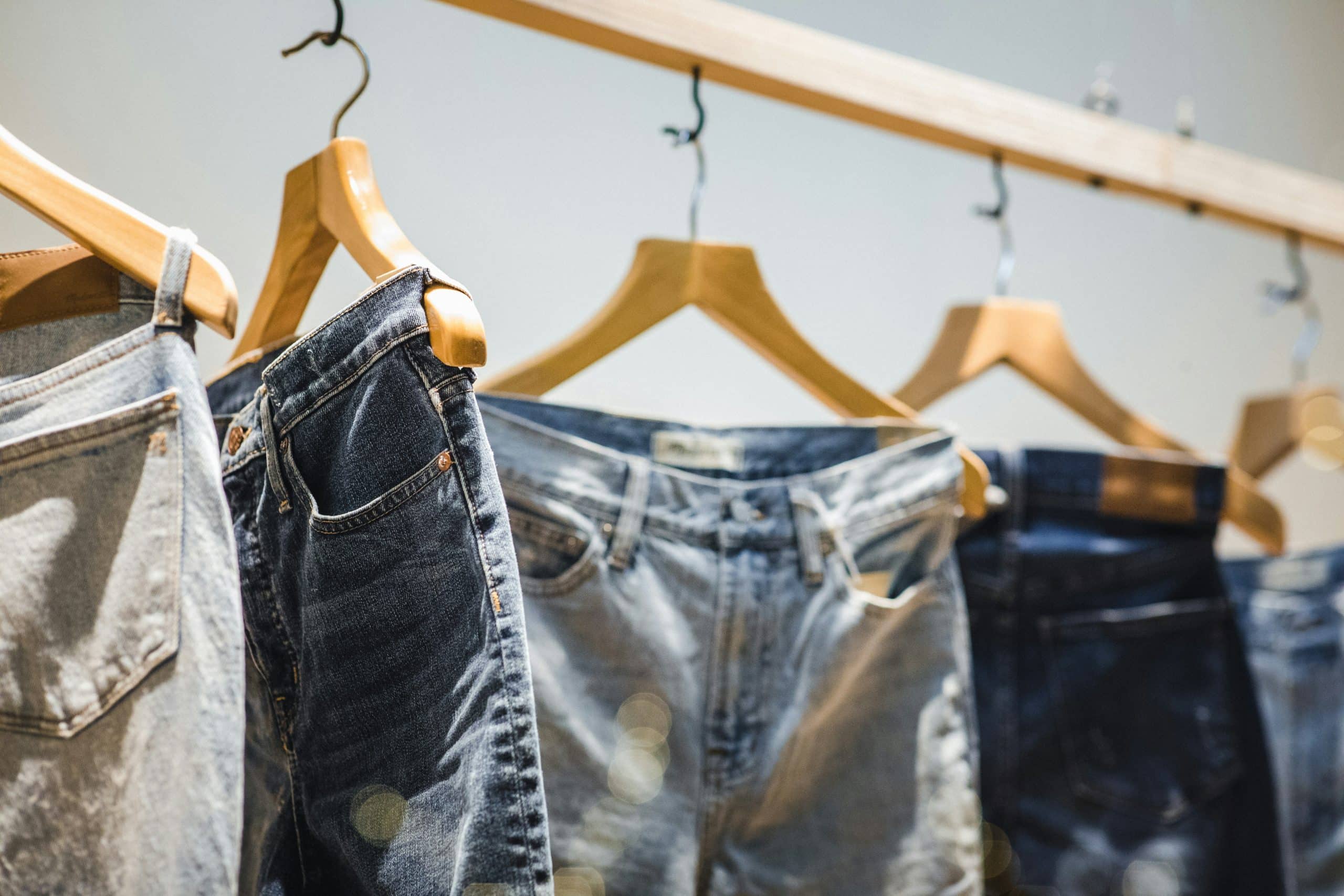
Hello, and welcome to this month’s Reputation Digest, where Fire on the Hill delivers a run-down of the latest stories making waves in the communications sector. This month, Sydney Sweeney’s controversial ad makes a splash, Cracker Barrel changes its logo, and women’s sport enters the spotlight.
Denim drama
Sydney Sweeney is no stranger to the internet’s microscope, but her latest brand partnership has officially cemented her as a divisive figure. The actress starred in American Eagle’s ‘Great Jeans’ campaign, which has quickly become one of the most polarizing fashion ads of the year – if not decade.
Many viewers interpreted the ‘genes’ language, coupled with Sweeney’s blue eyes and blonde hair, as having undertones of white supremacy. It’s also been criticized for its oversexualized image at a time when the US is seeing a shift towards more conservative gender roles. Meanwhile, right-wing voices, including Donald Trump, rallied behind the ad, calling it “the HOTTEST ad out there”. The result was a viral debate, with American Eagle’s stock price briefly rising as the clothing retailer became a political talking point.
American Eagle responded with a firm defense: “It is and always was about the jeans,” adding that they wanted people to wear them with confidence, “their way”. With the first UK stores opening this Autumn, time will tell if the overall impact of the ad has been negative or positive.
For Sweeney, the incident complicates her public image. While the controversy amplified her visibility, it also raised questions about whether she risks being defined less by her acting and more by the politics projected onto her.
Cracker Barrel backtracks
American restaurant chain, Cracker Barrel, unveiled a new logo this August as part of its $700 million modernisation strategy, which included store remodels and menu updates. The redesign stripped away the brand’s longtime mascot, “Uncle Herschel” reclining against a barrel, replacing it with a text-only design in muted gold and brown. Loyal customers blasted it as generic and soulless, accusing the brand of abandoning the nostalgia and authentic personality that made it distinctive. Major outlets from CBS to CNN and Politico amplified the uproar, reporting both the consumer backlash and the brand’s rapid walk-back.
Much like Sydney Sweeney’s jeans ad, the conversation soon turned political. Right-wing commentators were quick to label the rebrand as ‘woke’ – with many comparing the situation to the fallout following Bud Light’s partnership with trans influencer Dylan Mulvaney.
In an age of social media and with ever more divided public opinions, it’s harder than ever to land one universal message that pleases everyone. Even something as small as changing a logo can lead to political associations and wild accusations. It’s clear that brands need to tread much more carefully than they would have previously.
A summer for women’s sport
For anyone (me included!) who enjoys women’s sport, this summer has been a great opportunity to see it expand and reach new audiences. Both the football Euros and the Rugby World Cup have achieved record-breaking viewership, with a peak live audience of 12.2 million tuning in to watch England’s historic back-to-back Women’s Euro final victory. Likewise, the Rugby World Cup final is set to be the best-attended women’s rugby game in history.
A wide spectrum of brands are joining in on this success, with the likes of Sainsbury’s, M&S, Walkers, and Visa running ads to show support for the women’s teams. While some have been accused of just jumping on the bandwagon, the opportunity for creative and compelling campaigns is clear, as brands rush to be associated with the momentum.
Some players have turned to social media to further promote their sport and to build their own personal brand. Ilona Maher, who plays center for the US’s World Cup hopefuls, is a great example, with over nine million followers across her social platforms.
This kind of social media activity seems much more intertwined with the women’s game, with SportsPro reporting that female athletes accounted for 61 per cent of all TikTok views among the world’s 50 most marketable athletes in 2024.
However, there is still a long way to go for the perception of women’s sports. Multiple pro-women’s basketball games were interrupted this month after sex toys were thrown onto courts. This is just another setback for a league that is already facing potential shutdown as discussions over pay seemingly reach a stalemate.
Nonetheless, this is an exciting and unprecedented time for the visibility of women’s sport.
Image: Jason Leung / Unsplash